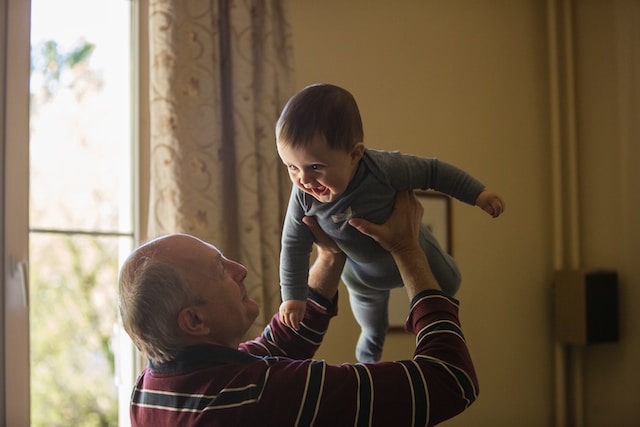Understanding the Levels of Care Offered in Senior Living Communities
As you look for a senior care solution, it’s essential to understand the different levels of care available. This will help you determine which option best fits your loved one’s current and future needs.
At a senior living community, cleaning and maintenance are typically included in your monthly rent, 24/7 staffing and monitoring, three meals daily, and programming.
Independent Living
Independent Living communities offer housing a step above a home or condo, with shared community upkeep and amenities. Some also provide daily assistance with activities of daily living (ADLs) offered in the residents’ apartments by a contracted third-party caregiving agency if needed, allowing seniors to age in place within the same community without having to relocate.
Often, these communities are located on larger campuses with multiple buildings or cottages spread out across the property and a central gathering area for programs, meals, and socializing. Some even have on-site primary care practices so residents can see their doctors without ever leaving the community. It is a good idea to check the Westminster Baldwin Park website for more valuable information.
Assisted Living
Assisted living communities offer personalized care in a residential setting for seniors who require help with their daily activities. Depending on the individual’s level of care, they may need assistance with a few or all ADLs.
Residents at a lower care level can move independently or with support devices. They may need to be reminded to take their medications and might also have trouble opening pill bottles. They will typically need help showering or bathing and might require assistance with dressing, especially if they have limited upper body function or difficulty fastening buttons.
At this level, Licenced Practical Nurses (LPNs) and Registered Nurses (RNs) provide supervision and a higher level of hands-on personal care. They will frequently assess a senior’s needs and administer and monitor medication. They will often assist with dressing and grooming, as well as help with eating and moving around the community. Residents at this level typically have multiple physical impairments and mild to moderate memory loss.
Memory Care
Memory care is specialized care for seniors with Alzheimer’s and other dementias. It typically involves a safe environment to minimize wandering, confusion, and other behavioral issues associated with these diseases. Staff members receive special training to provide round-the-clock quality care for residents.
Generally speaking, level two care involves a greater need for hands-on assistance. A senior might need more extensive help dressing, bathing, or managing incontinence. They might also need help with mobility and require supervision as they complete their ADLs.
Skilled Nursing
Seniors who need medical care that cannot be provided at home, such as wound management and IV therapy, can find it in a skilled nursing community. These communities (also known as nursing homes) offer all the benefits of assisted living plus 24-hour medical care. Skilled nursing services may be necessary for a short period during rehabilitation after an injury or illness, or they may be needed longer due to chronic conditions requiring constant medical attention.

